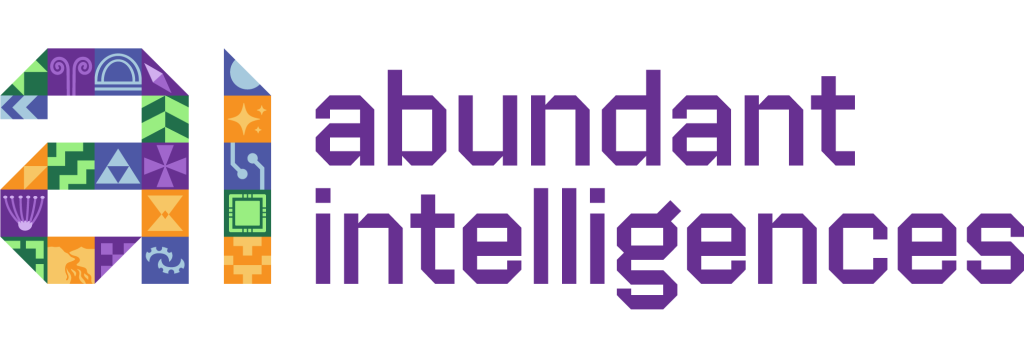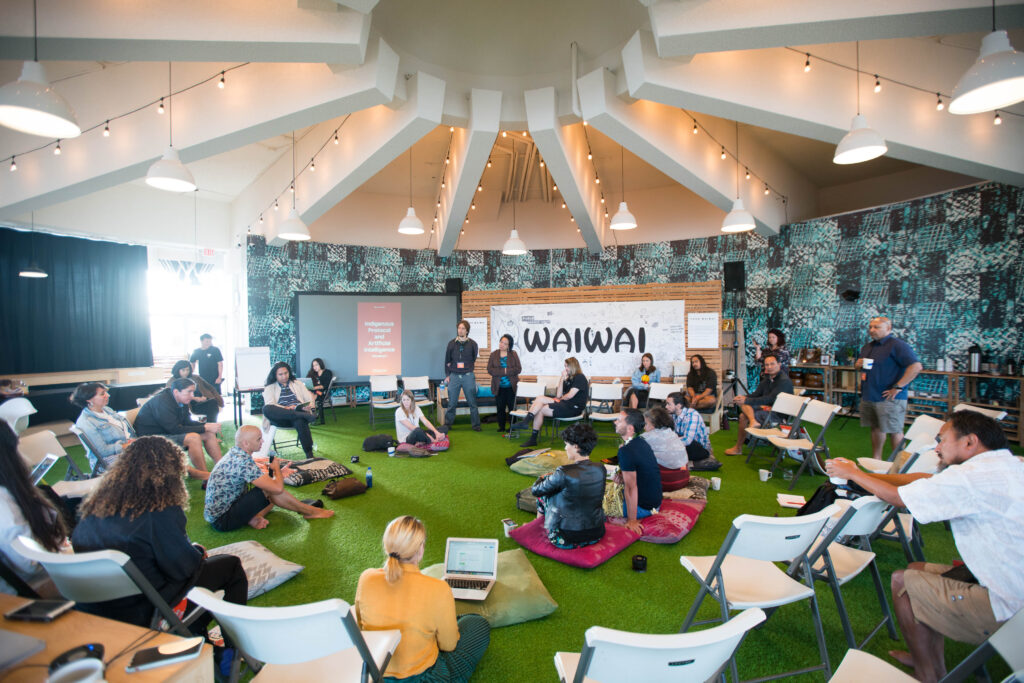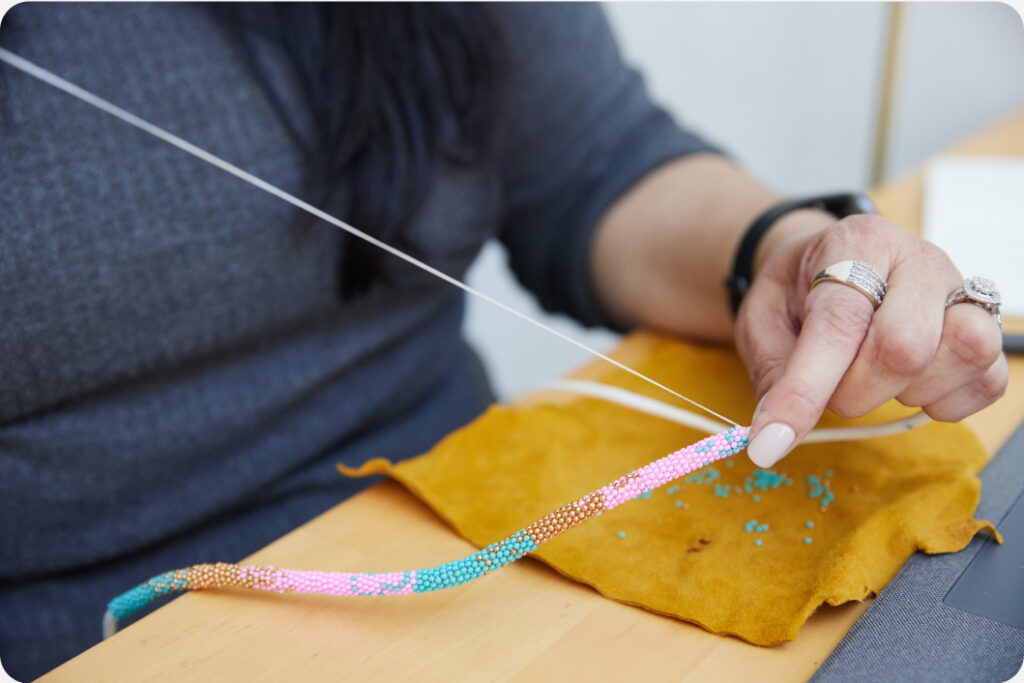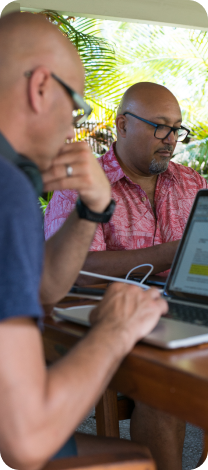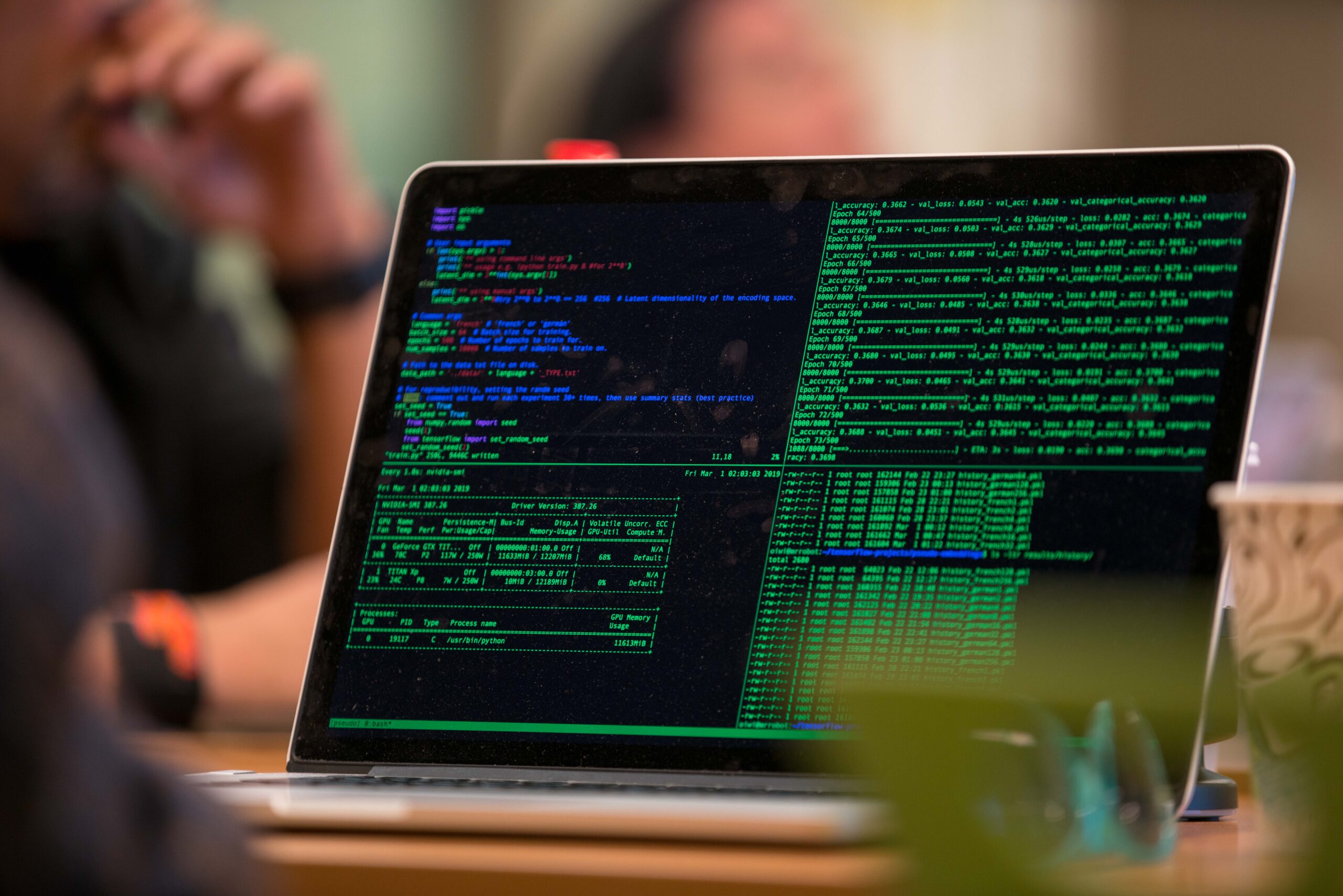Our research questions are
(1)
How can we develop new approaches to AI, based in Indigenous Knowledge Systems, that support the flourishing of Indigenous communities?
(2)
How can we integrate and adapt existing methods for creating AI into Indigenous Knowledge systems?
(3)
How can we use the knowledge we generate to help guide the development of AI generally towards a more humane future?
Our goals include
We are interested in
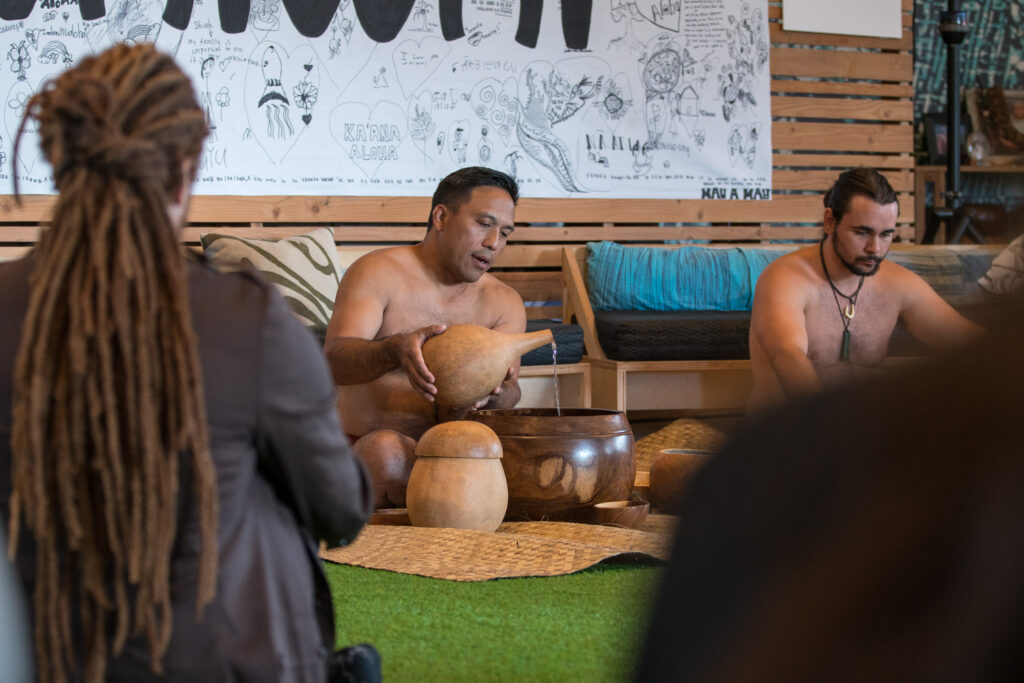
Language
Expanding the range of linguistic structures and language densities that Natural Language Processing (NLP) systems can robustly and appropriately handle.
Storytelling
Drawing on Indigenous storytelling and oral traditions to assist in developing more robust, contextualized machine understandings of the stories humans tell to articulate and disseminate knowledge.
Environmental Stewardship
Exploring how traditional Indigenous land management and stewardship practices can inform AI-driven land management and restoration systems.
Socio-neuro AI
Using the diversity and heterogeneity of IK systems to help develop better models for understanding how humans draw on their socio-cultural context to learn and make decisions, and how situated socio-cultural intelligences can be modeled into AI systems.
Multi-agent systems
Developing more robust approaches to how diverse agents might interact with each other given socio-cultural context, including modeling of both human and non-human actors.
Program Timeline
The current funding supports a six year program of research and research-creation, starting March 1, 2023 and running until February 28, 2029.
Program Extent
Co-investigators and collaborators
Community-based organizations
Universities / Research Institute
Research Pods
Located in Canada, United States, Aotearoa, Oceania
Co-director
Prof.
Jason Edward Lewis
Indigenous Futures Research Centre at Concordia University
Co-director
Prof.
Hēmi Whaanga
Te Pūtahi-a-Toi at Massey University
Haudenosaunee Pod
Onkwehonwe Research Environment
Western University
Hiringa Te Mahara
Āpōpō Indigenous CreativeTech Hub
Indigenous Design and Innovation Aotearoa
Ka Hawai’i Pae ‘Āina Pod
Create(x) Lab
University of Hawai’i
Niitsitapi Pod
Centre for Indigenous Arts Research and Technology
University of Lethbridge
Wíhaŋble S’a Pod
Wíhaŋble S’a Lab
Bard College
What we are up to
Annual General Meeting 2024 - Travel Guide
nov 09, 2024
Annual General Meeting 2024 - Travel Guide
nov 09, 2024
Annual General Meeting 2024 - Travel Guide
nov 09, 2024
